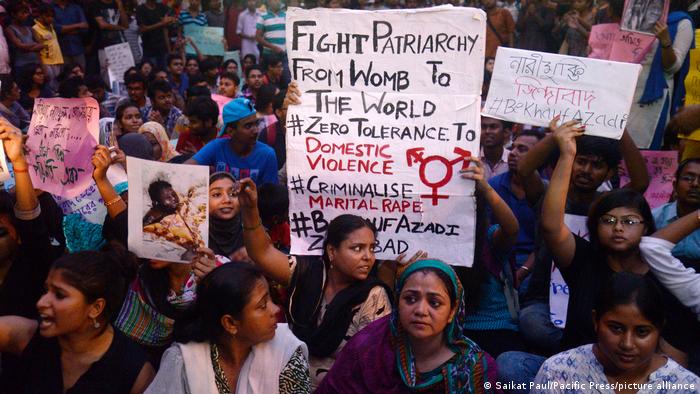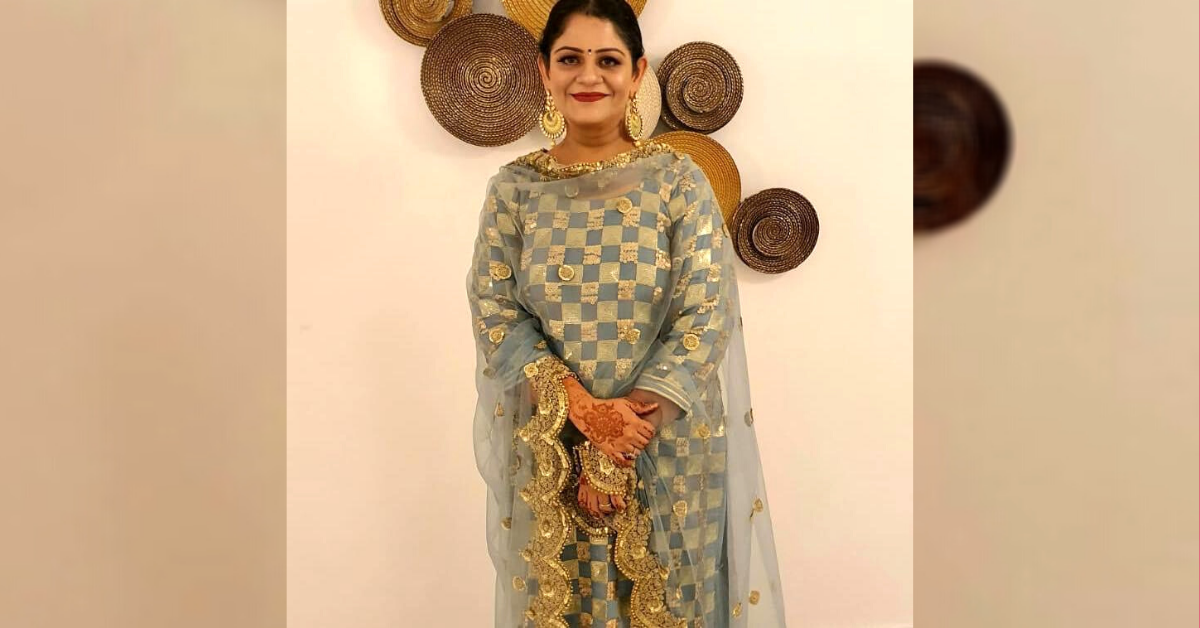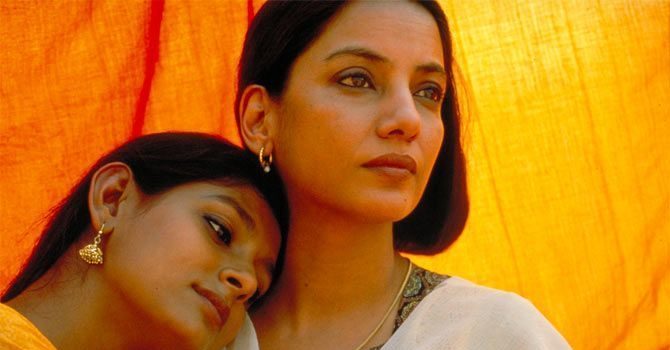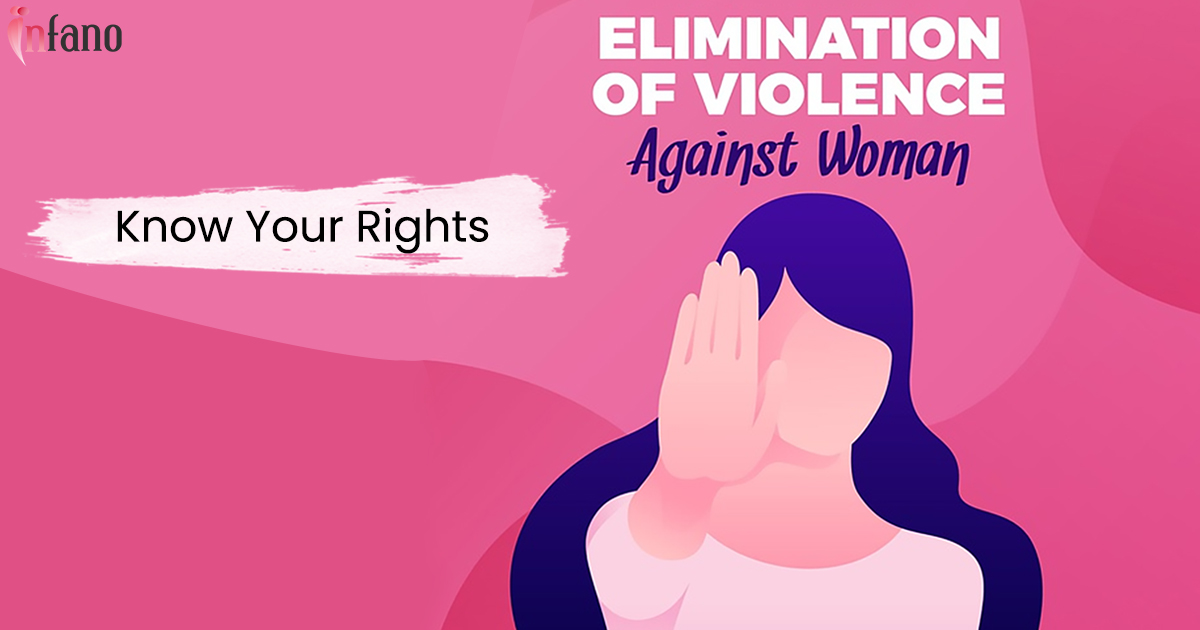Five minutes before marriage, non-consensual sex can be considered rape under Section 375 of IPC, but five minutes after marriage, it is legal and not against the law!
Before I write any further, let me tell you that India is one of the remaining 36 countries in the world that hasn’t criminalised marital rape yet ― and is still in favour of it.
Section 375 of the IPC, which prohibits rape, comes with an exception, which reads: “sexual intercourse or sexual acts by a man with his own wife, the wife not being under fifteen years of age, is not rape.”
Opposing several PILs to criminalise marital rape, the Government of India told Delhi HC, “Various other countries, mostly Western, have criminalised marital rape, but it does not necessarily mean India should also follow them blindly. This country has its own unique problems due to various factors like literacy, lack of financial empowerment of a majority of females, mindset of society, vast diversity, poverty, etc., and these should be considered carefully before criminalising marital rape.”
“Defining marital rape would call for a broad-based consensus in society. As to what constitutes marital rape and what would not constitute marital rape needs to be defined precisely before a view on its criminalisation is taken.”
Centre
The High Court petitioners are calling that patriarchal.
Our society has built up this idea that sexual violence or rape only happens outside the home ― but what if the same is happening inside the four walls but not getting any recognition? Why is that a non-consensual rape within marriage is considered private, and there is no protocol or punishment for the same?
“After marriage, it’s the husband’s right over the body of the wife, and this concept that a woman can refuse sex within marriage is not widely accepted. In fact, it was not even accepted by the government. That’s why the exception continues today.”
Mariam Dhawale, General Secretary of the All India Democratic Women’s Association (AIDWA)
“The medical evidence indicates injuries, marks or coloration etc. of the body, in particular on the back or chest or private parts, that can certainly provide ample corroboration. But this corroborative evidence may be rendered useless in case of allegations of marital rape. It will be difficult to determine as to when the consent was withdrawn by the married woman. The cost of the circumstantial and corroborative evidence will become futile in case of marital rape,” the Centre said.
It also added that “deletion of exception 2 of Section 375 would make marital rape a cognisable, non-bailable and non-compoundable offence. This would stop all the chances of a settlement between the husband and wife, which is possible under Section 498A of IPC.”
Centre’s statement to oppose criminalising marital rape clearly shows where we stand!
The sad part is that several women don’t even know that they have the right to say ‘no’ ― that they have rights over their ‘own’ body and that they can say ‘no’ to their husbands.
Marital rape is undoubtedly a very sensitive topic, but in a country like India, where sexual violence within families is considered ‘normal’ and goes unreported, it is more daunting for women.
According to the National Family Health Survey, ‘about 30% Indian women aged 18-49 reported having experienced spousal violence. In terms of sexual violence, the average Indian woman is 17 times more likely to face sexual violence from her husband than from anyone else, according to the survey of 724,115 women.’
As if the Centre’s stand was not enough, a lot of men also carried out a ‘Marriage Strike’ campaign on social media platforms to lobby against the criminalisation of marital rape.
“Their argument is based on the premise that men are entitled to sex in a marriage. The whole idea of a marriage strike comes from this: we will withhold marriage if we do not get access to sex. The idea of this transaction is deeply problematic. Violence against women and children is the real threat to the family institution,” says women’s rights activist Kavita Krishnan.
The Centre has also contended that a court “cannot usurp the power of the legislature”, adding that removal of exception 2 of Section 375 IPC “would be akin to legislating a separate offence which can be done only by the legislature as per the doctrine of separation of powers prescribed in the Constitution of India.”
The very fact that the petition to criminalise marital rape is drawing so much attention and fury is proof of how much we need it. An institution like marriage cannot stand if there is no consent, no transparency and equality for both partners.
The High Court of Delhi is expected to rule within weeks or months on the petitions to criminalise marital rape in India. The HC has also asked the Parliament of India to step in.
Though we all know what the outcome would be. Even if there is a big change to come, a law to add, it will take years and decades for the cultural change to set in!



















